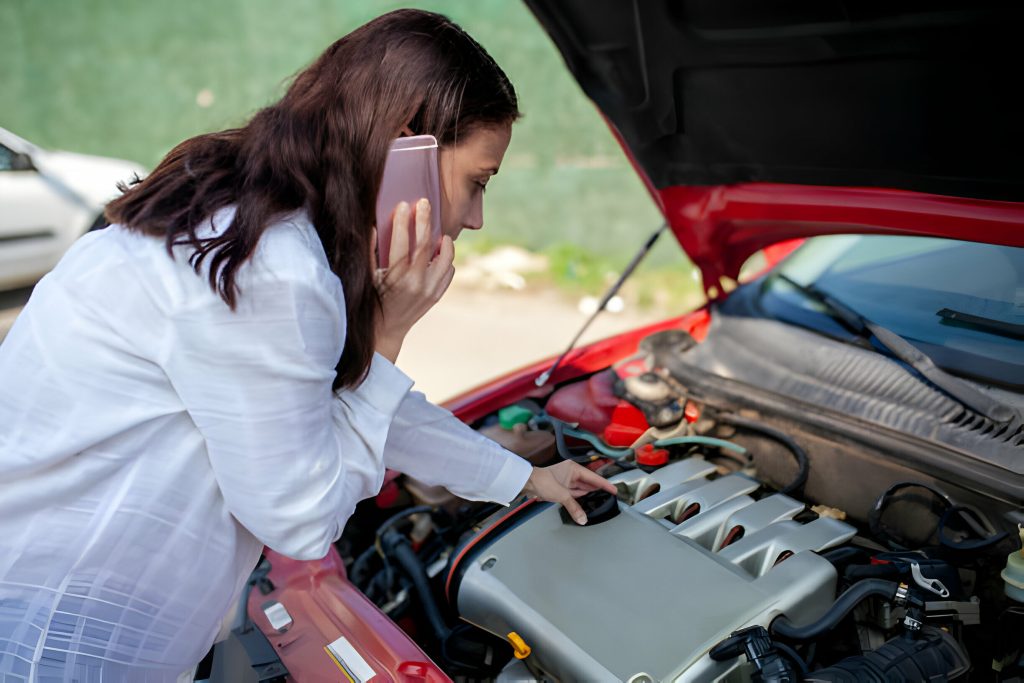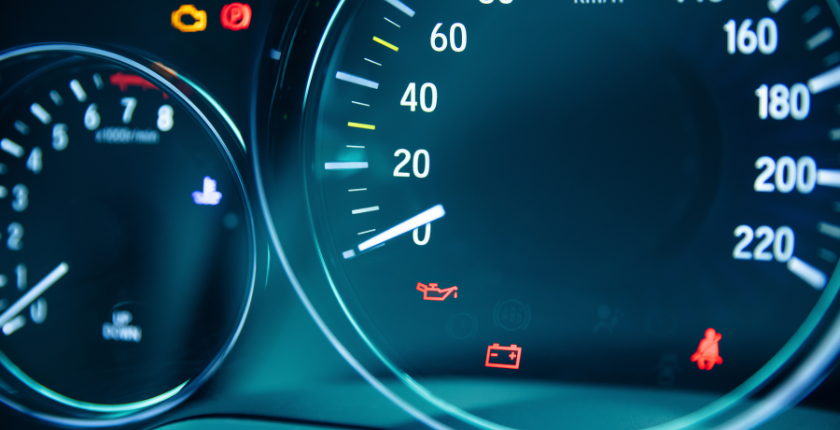Table of Contents
A gas smell in your car could indicate a dangerous leak. Learn the common causes like fuel line cracks, tank leaks, clogged fuel filters, exhaust issues, and more.
A gas smell coming from your car can be alarming. Gasoline is highly flammable and the odor may indicate a dangerous leak in your vehicle’s fuel system. Don’t ignore a gas smell – it’s important to find the source of the odor and address it promptly. Here are some of the common causes of a gasoline smell in your car and steps you can take to fix them.
Check the Fuel Line and Fuel Filter
One of the most likely culprits for a gas smell in your car is a leak in the fuel line. The fuel line is the tube that runs from your gas tank to the engine and provides a path for gasoline to travel. Over time, the fuel line can crack or rust, causing small leaks. Rubber fuel line hoses can also degrade and split. Fuel line leaks tend to be worse when the car is running, as more fuel is pumped through the system.
Closely inspect all accessible fuel lines looking for cracks, damage, or dampness from leaking gasoline. Also, check where the fuel line connects to the fuel injectors on the engine – these junctions are prone to loosening over time. Tighten any loose connections and replace damaged fuel line segments.
A clogged gasoline filter also can cause a gas smell to your automobile. The filter is designed to entice any contaminants in gas earlier than they reach the engine. When clogged, gasoline can lower back up in the line and leak past vintage, worn seals and gaskets. Replacing a clogged clear-out will restore proper gasoline float and should take away the associated gasoline smell.
Read Also: oil pressure low stop engine
Examine the Gas Tank and Evap Canister
The gas tank itself can sometimes be the source of a leak. If the tank has any cracks or punctures, gasoline vapors can escape. While rare, steel gasoline tanks can increase small pinholes from corrosion over a few years of use. You can be able to see dripping gasoline underneath the tank indicating a leak.
The evap emissions system also routes fuel vapors through a charcoal canister to be recycled back into the engine. Leaks in hoses or a cracked canister could release fuel odor into the cabin. Inspect hose connections at the canister and also watch for drips while the engine is running.
Any gas tank leaks will require prompt replacement or repair by a mechanic. Do not drive the car if you see active dripping from the tank.

Pay Attention to Exhaust Smells
Sometimes a gas-like odor may not be gasoline at all. The exhaust system routing gases out of the tailpipe can produce smells that resemble fuel when there is a problem. For example:
- Leaking exhaust manifold gasket – This important seal can fail over time and allow exhaust gases to escape before the tailpipe. This may produce a gasoline-like odor, especially when accelerating. Replacing the gasket should solve the problem.
- Catalytic converter failure – Faulty catalytic converters can release sulfur smells reminiscent of gas fumes. If you detect a rotten egg odor, especially at high speeds, your converter may be defective. They need to be replaced to restore proper exhaust flow and eliminate smell.
- Rich air-fuel mixture – Engines running “rich” with too much-unburned fuel in the exhaust can release hydrocarbon fumes with a gas odor. This is often caused by a malfunctioning oxygen sensor or an issue with fuel injectors. It should be diagnosed and addressed promptly to avoid engine damage.
Pay attention to when and under what conditions you notice the smell, as this can indicate it is coming from the exhaust not the fuel system.
Check for Gasoline Drips or Spills
Sometimes the source of a gas smell in a car is outside the vehicle. Carefully inspect underneath the fuel tank and fuel door area for any signs of spilled or dripping fuel. Raw gasoline on the ground can release significant vapors. Also, watch for leaks while filling up the gas tank.
If you do find spilled fuel, wipe it up completely and dispose of soaked rags properly. Neutralize any odor remaining with commercial absorbers made for fuels. Then monitor closely for any fresh drips or leaks in those areas. Continue to drive only once all external gas spills are cleaned up and leaks are repaired.

When to Take Your Car In
While you can inspect for some leak causes yourself, major fuel system repairs should be done by a certified mechanic. Take your car into the shop if you discover:
- Visible drips from the gas tank or evap canister.
- Odors when the engine is off. This indicates a severe leak unrelated to exhaust.
- Wetness in the fuel pump area under the rear seat indicates a pump leak.
- Significant smell during acceleration that you cannot attribute to a specific cause.
Professional diagnostic tools and shop equipment can locate leaks, test components like fuel pumps and filters, and make all necessary repairs to stop the gas smell in your car. Follow their recommendations, especially if the leak appears serious or dangerous.
Preventing Fuel Odors in the Future
To help avoid gasoline smells in your vehicle down the road:
- Keep up with schedule maintenance – Replace fuel lines, filters, and seals per manufacturer recommendations.
- Use quality gas – Top-tier gasoline has detergents to keep the engine and fuel system clean.
- Check under the car after parking – Look for new drips indicating a leak.
- Listen for odors when opening fuel door – This can identify loose filler neck seals allowing vapors to escape.
- Seal body seams and cracks – This prevents fumes from entering the cabin from a small leak.
Catching fuel system problems early provides the best chance for quick and inexpensive repairs. Pay attention to faint gas smells and investigate the cause right away. Addressing leaks promptly can prevent bigger problems and expensive damage down the road.
Final Answer – Why Does My Car Smell Like Gas
In summary, there are several potential causes for a gasoline odor coming from your vehicle. The smell could indicate leaks in fuel system components like the gas tank, fuel filter, fuel pump, or evap system. But exhaust issues can also produce fuel-like smells in some cases. It’s important to thoroughly inspect the car and identify the source of any gas fume odors. Addressing leaks and repairs promptly will take care of the smell and prevent bigger problems down the road. If you ever notice the question “why does my car smell like gas?”, be sure to investigate right away and take any necessary corrective actions.




